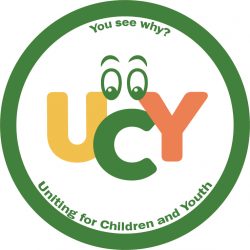Opinion piece by Richard Fransham
The Council of Canadians has just released its election report, but I think it won’t make much difference. The six issues it presents do not include the issue that matters most. More than anything, the way we raise our young decides our future. If we want to strengthen our democracy, then our schools have to become democratic. They are still managed with the competitive authoritarian model that originates from militaristic Prussia and the industrial revolution. To suggest that putting more polling stations on campuses is a significant way to strengthen a democracy highlights how far we are from actually creating the Ontario we want. We have to ask who is the “we”, because this report perpetuates the notion that young people don’t matter until they reach voting age. Children and youth are our everything, our hope that we can clean up the mess we have created. People need to become familiar with the democratic school movement and the self-directed education model. We need to rid ourselves of thinking that young people are incapable of making good decisions about their education and the direction they want to take their lives. If we cannot be inclusive with young people, then we don’t understand what it is to be an inclusive society. This is the real issue.
It isn’t easy to see beyond what we have known all our lives, but we need to develop a much stronger understanding of exactly what it is that people like Daniel Greenberg of the Sudbury Valley School, Peter Gray of the Alliance for Self-Directed Education, and Jerry Mintz of the Alternative Education Resource Organization | AERO are telling us. Unschoolers get it, but they are being marginalized by people who don’t. Once in awhile a ray of hope appears with people like Rebecca Chambers, a teacher in an Ottawa high school who is challenging her students to unlearn learning, but nowhere do we see a systematic, sustained effort by public education administrators to get beyond the industrial model and the competitive achievement culture it fosters. At the very least the educational establishment should be methodically investigating with small pilot programs how to manage schools without formally scheduled school days and age-segregated classes, both of which are huge impediments to any real educational innovation. At the very least, we need social justice groups like The Council of Canadians to start including children and youth in their visions of how to make the Ontario we want.


